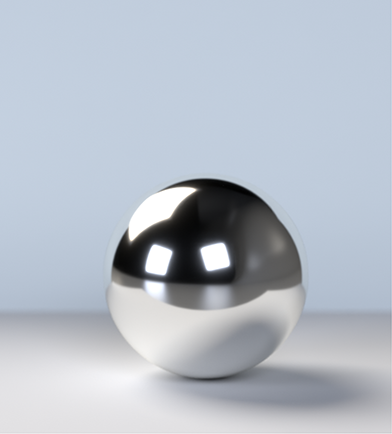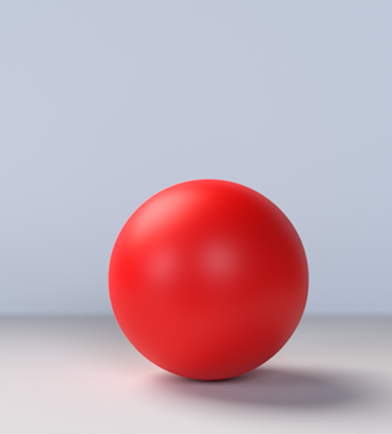FAQ - Microball answers all your questions:
What types of ball valves are there?
Ball valves mainly differ in terms of the bore size (full bore or reduced bore) and the ball mounting. In a floating ball valve, the ball is pressed against the seal by the medium pressure, whereas in a trunnion-mounted ball valve, the ball is fixed in place and the seal is pressed against the ball.
The ball’s bore also varies: classic 2-way ball valves simply open or close the flow, 3-way models with L- or T-shaped bores enable flow diversion, and multi-way ball valves with more complex bores offer advanced control options. This flexibility allows ball valves to adapt
to different flow control requirements.
Where are ball valves used?
Ball valves are used in numerous fields where liquids or gases need
to be reliably shut off or regulated. Typical applications are found
in industry, heating and sanitary systems, hydraulics, and chemical
plants. Ball valves are also valued in household appliances and food
technology for their tight sealing, durability, and ease of use.
How does a ball valve work?
A ball valve controls the flow of liquids or gases using a ball housed inside – the so-called shut-off element. This ball is usually drilled through: when the hole is aligned with the flow direction, the medium can pass through freely. When the valve handle is turned 90 degrees, the solid side of the ball blocks the opening, reliably stopping the flow.
Ball valves are characterized by their simple operation, tight shut-off,
and the ability to switch between “open” and “closed” positions with
just a quarter turn. This makes them particularly low-maintenance
and versatile, suitable for everything from industrial systems to
household installations.
Balls for Ball Valves
Precision and Efficiency in Flow Control
Ball valves are indispensable fittings used to control and shut off fluids. Inside, there is a specially machined ball — often a drilled ball serving as
the shut-off element — that ensures a high flow coefficient and excellent tightness due to its design. The compact construction of these balls also enables small dimensions while maintaining high functional reliability.
For larger pipe diameters, ball plugs are often used, fulfilling similar functions. Ball valves are mainly used as shut-off valves and are often mistakenly referred to as "ball valves" due to the English term “ball valve.” Unlike other valves, ball valves close completely within a quarter turn (90°), enabling quick and reliable flow control.
Regular maintenance and targeted replacement of wear parts are essential to extend the service life of ball valves and ensure their long-lasting tightness. microball GmbH is happy to assist you in selecting the optimal balls for your application.
Stainless Steel Balls for Ball Valves

Stainless steel balls are robust shut-off components with
high resistance, making them ideally suited for use in ball
valves. They are characterized by their rust-free properties
and ease of machining, allowing flexible adaptation to various
application requirements. Furthermore, they impress with their
high resistance to water and aggressive media — qualities that
significantly enhance their durability and reliability in ball valves.
Plastic Balls for Ball Valves

Plastic balls are robust and lightweight shut-off components
designed for demanding conditions and are used in ball valves
when especially aggressive media need to be conveyed.
They offer the advantages of low weight and high chemical
resistance. Additionally, they are neither electrically conductive
nor magnetic, which further facilitates their safe and effective
use in sensitive applications.
Machined Balls
Drilled and machined balls offer flexible solutions for precise flow
control and shut-off technology. In ball valves, drilled balls enable
targeted regulation of fluid flow, as the bore allows a defined
flow rate — particularly advantageous for varying flow volumes.
Additionally, machined variants such as flattened or grooved balls
are used to meet specific requirements for sealing performance
and flow behavior. Both types impress with shape stability,
durability, and reliable function in valve technology.
Submit Request
Request Now
If you have any questions or can't find the
right material, feel free to contact us –
as a provider of grinding balls, we will find the ideal solution together.
Contact
Do you have questions about our products, features, or would you like an initial consultation without any obligation?
Feel free to contact us!